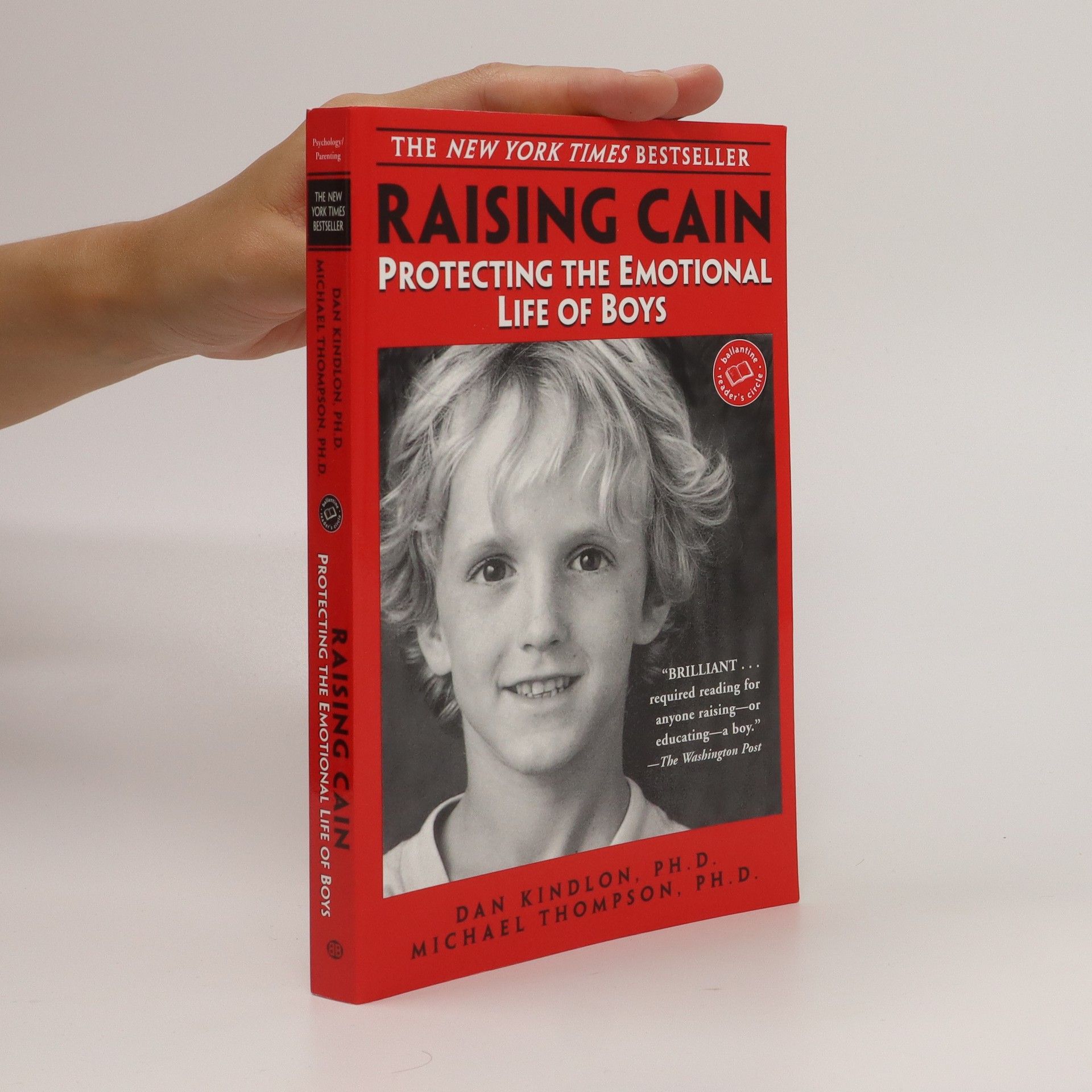Crescându-l pe Cain
- 400 pages
- 14 hours of reading
Dan Kindlon, Ph.D., a faculty member at Harvard University for over fifteen years, delves into child psychology and child development research. As a leading clinical and research psychologist specializing in behavioral issues in children and adolescents, Dr. Kindlon has dedicated over twenty years of clinical practice to diagnosing and treating emotional challenges, learning disabilities, and attention disorders. He is a frequent lecturer for parents, educators, and mental health professionals, and has made numerous national media appearances.




The co-author of the best-selling Raising Cain profiles today's girls as more independent, self-confident, and motivated than those of previous generations, sharing new research, profiles, and case studies that discuss the characteristics and potential of the modern "alpha girl." Reprint.
In Raising Cain, Dan Kindlon, Ph.D., and Michael Thompson, Ph.D., two of the country's leading child psychologists, share what they have learned in more than thirty-five years of combined experience working with boys and their families. They reveal a nation of boys who are hurting--sad, afraid, angry, and silent. Kindlon and Thompson set out to answer this basic, crucial question: What do boys need that they're not getting? They illuminate the forces that threaten our boys, teaching them to believe that "cool" equals macho strength and stoicism. Cutting through outdated theories of "mother blame," "boy biology," and "testosterone," the authors shed light on the destructive emotional training our boys receive--the emotional miseducation of boys. Kindlon and Thompson make a compelling case that emotional literacy is the most valuable gift we can offer our sons, urging parents to recognize the price boys pay when we hold them to an impossible standard of manhood. They identify the social and emotional challenges that boys encounter in school and show how parents can help boys cultivate emotional awareness and empathy--giving them the vital connections and support they need to navigate the social pressures of youth.